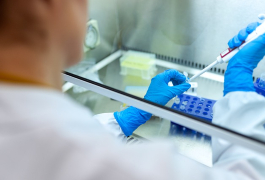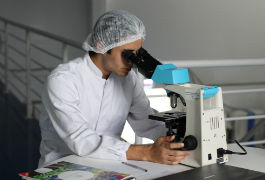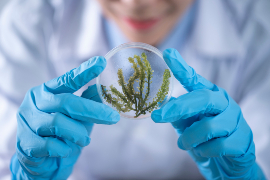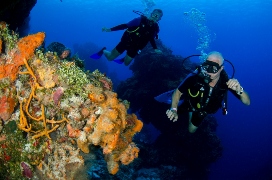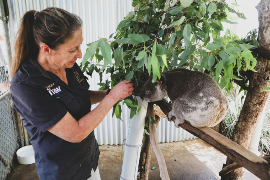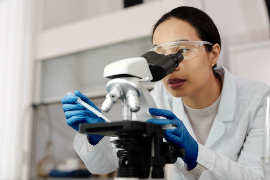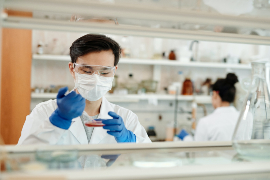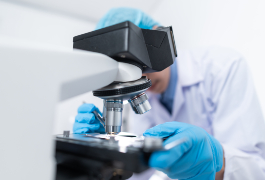Bachelor of Science in Biology (Bachelors)
UC Santa Cruz
Santa Cruz, CA
Biology has entered into an exciting new era in which phenomena that once seemed insoluble mysteries—such as embryonic development, the functions of the brain, and the dynamics of ecosystems—are now yielding their secrets as the technology to study them becomes more and more sophisticated. From molecular biology, with its potential to revolutionize medicine and agriculture, to ecology, with its lessons for the sustainable management of the environment, biologists are fully engaged in meeting the challenges of the future, helping to improve the quality of human life, and to preserve habitats and biodiversity. Thus, it is no surprise that biology is at the heart of many of today’s most pressing intellectual and social concerns. The Biology B.S. degree program gives students a rigorous education in modern biology, while allowing a student the opportunity to select from a wide array of upper-division elective courses offered by the departments of Molecular, Cell and Developmental Biology and Ecology and Evolutionary Biology. With proper advance planning, a student with virtually any degree can prepare a competitive application for medical school or health care professional school. Check the Health Careers webpage for more information on how you can academically prepare for a career in health care. Additional information is available at the UCSC Career Center.
Mga Resulta ng Pagkatuto ng Programa
Students who successfully complete the Biology major will be able to:
✔ Demonstrate knowledge of how biochemistry, genetics, and molecular biology are used to elucidate both the function of cells and their organization into tissues.
✔ Recognize that biology has a basis in chemistry, physics, and mathematics.
✔ Describe how scientific method is used to explain natural phenomena.
✔ Use effective oral and written language skills to communicate scientific data and ideas.
✔ Understand safe laboratory practices and perform basic molecular biology techniques.
✔ Generate hypotheses, evaluate data, and design experiments to investigate a scientific problem.
✔ Present broad knowledge in biochemistry, genetics, evolutionary biology, cell biology, developmental biology, physiology, and ecology.




